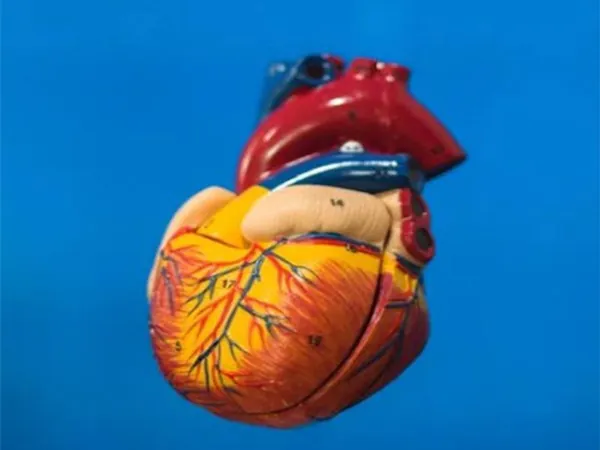
Breakthrough Study Reveals Artificial Heart Patients Can Regenerate Heart Muscle: A Game Changer for Heart Failure Treatment!
2024-12-30
Author: Sarah
Groundbreaking Study Unveils Heart Regeneration
In an exciting new development from the University of Arizona College of Medicine, a groundbreaking study has revealed that a subset of patients with artificial hearts possesses the astonishing ability to regenerate heart muscle. This incredible finding opens up a world of possibilities for innovative treatments and, potentially, a cure for heart failure.
Research Details
Published in the prestigious journal Circulation, the research was led by Dr. Hesham Sadek, a renowned physician-scientist and director of the Sarver Heart Center. Dr. Sadek has been pivotal in advancing our understanding of heart health. Traditionally, when heart muscle becomes damaged, it shows a limited capacity for recovery, leading to dire health consequences for patients. Dr. Sadek noted, "We have nothing to reverse heart muscle loss," which underscores the urgency of this research.
Collaboration and Funding
The study builds on previous work that compared the recovery processes of skeletal and heart muscles. With funding from the Leducq Foundation's Transatlantic Networks of Excellence Program, Dr. Sadek collaborated with leading experts worldwide, including Dr. Stavros Drakos from the University of Utah, a pioneer in research involving left ventricular assist devices.
Remarkable Findings
In a remarkable twist, the research team discovered that patients with artificial hearts regenerated muscle cells at a rate more than six times higher than that of healthy hearts. Dr. Jonas Frisen and Dr. Olaf Bergmann from the Karolinska Institute in Sweden utilized cutting-edge carbon dating techniques on heart tissue samples to trace the creation of new muscle cells.
"This is the strongest evidence we have, so far, that human heart muscle cells can actually regenerate," Dr. Sadek remarked, excitedly emphasizing the heart's intrinsic regenerative capacity.
The Mystery of Regeneration
Interestingly, earlier studies by Dr. Sadek indicated that while heart muscle cells grow and divide in utero, this rapid cell division ceases shortly after birth. The heart, focused on pumping blood continuously, seemingly sacrifices its ability to regenerate. However, with artificial hearts providing a unique environment where the heart muscle can essentially "rest," this new study demonstrates that the muscle cells begin to divide and regenerate again.
Future Investigations Required
Despite these promising results, Dr. Sadek expressed a need for further investigation into why only about 25% of patients exhibited this regenerative response. "It's not clear why some patients respond and some don't," he stated, acknowledging the complexity of heart health.
Looking Ahead
Looking ahead, Dr. Sadek envisions a future where mechanical hearts will serve not only as a temporary solution but will lead to true regeneration of heart muscle, potentially transforming the treatment landscape for heart failure. This revolutionary study not only offers hope to those affected by heart disease but also ignites the possibility for advancements in heart repair and recovery, which could signify the dawn of a new era in cardiac care.
Conclusion
Stay tuned as this vital research progresses, and keep an eye on the future of heart health—could a complete heart recovery be on the horizon?

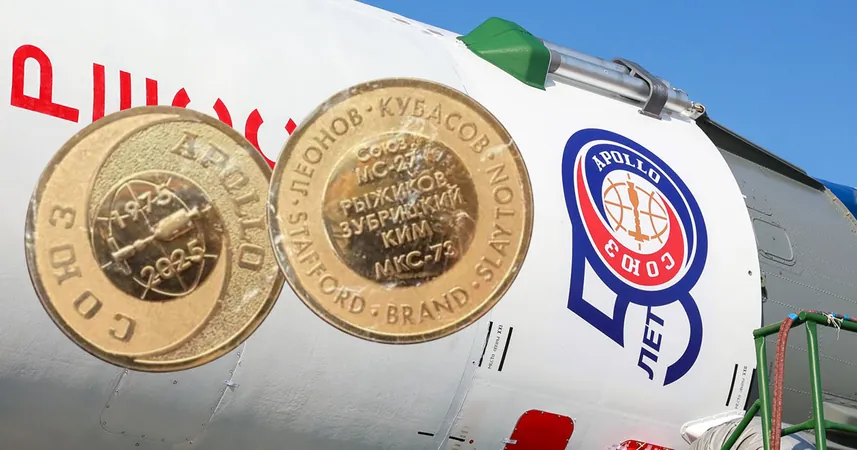
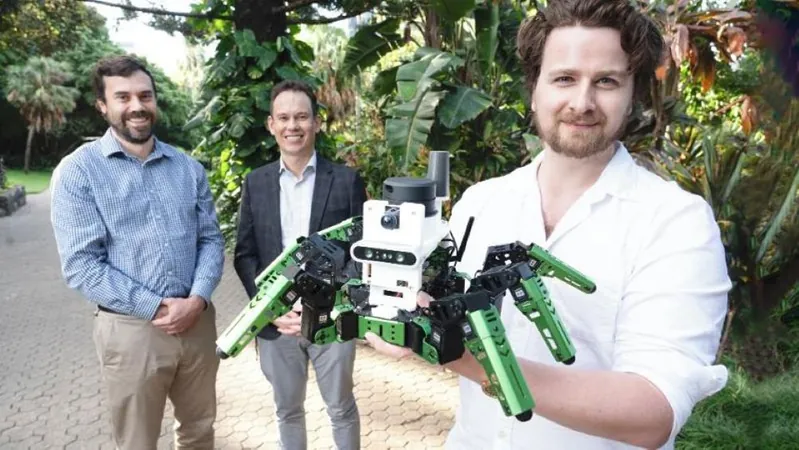
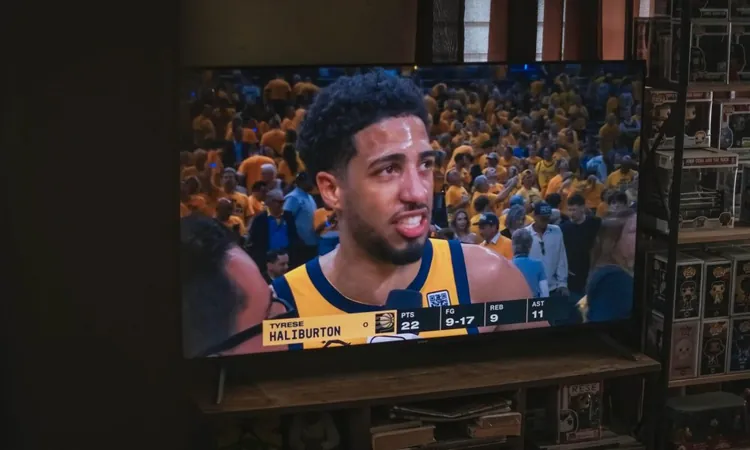

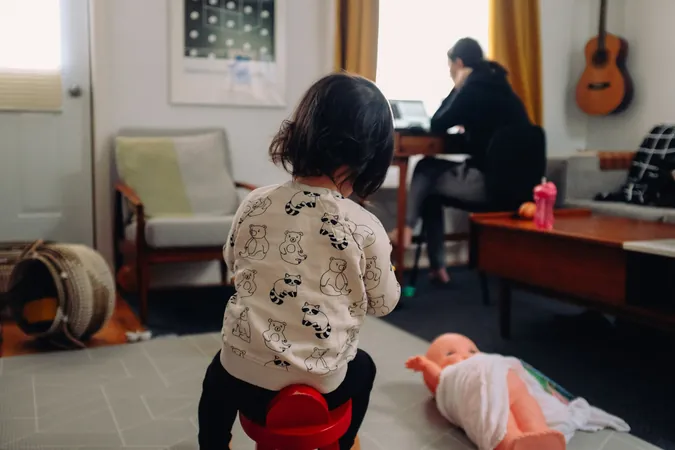
 Brasil (PT)
Brasil (PT)
 Canada (EN)
Canada (EN)
 Chile (ES)
Chile (ES)
 Česko (CS)
Česko (CS)
 대한민국 (KO)
대한민국 (KO)
 España (ES)
España (ES)
 France (FR)
France (FR)
 Hong Kong (EN)
Hong Kong (EN)
 Italia (IT)
Italia (IT)
 日本 (JA)
日本 (JA)
 Magyarország (HU)
Magyarország (HU)
 Norge (NO)
Norge (NO)
 Polska (PL)
Polska (PL)
 Schweiz (DE)
Schweiz (DE)
 Singapore (EN)
Singapore (EN)
 Sverige (SV)
Sverige (SV)
 Suomi (FI)
Suomi (FI)
 Türkiye (TR)
Türkiye (TR)
 الإمارات العربية المتحدة (AR)
الإمارات العربية المتحدة (AR)